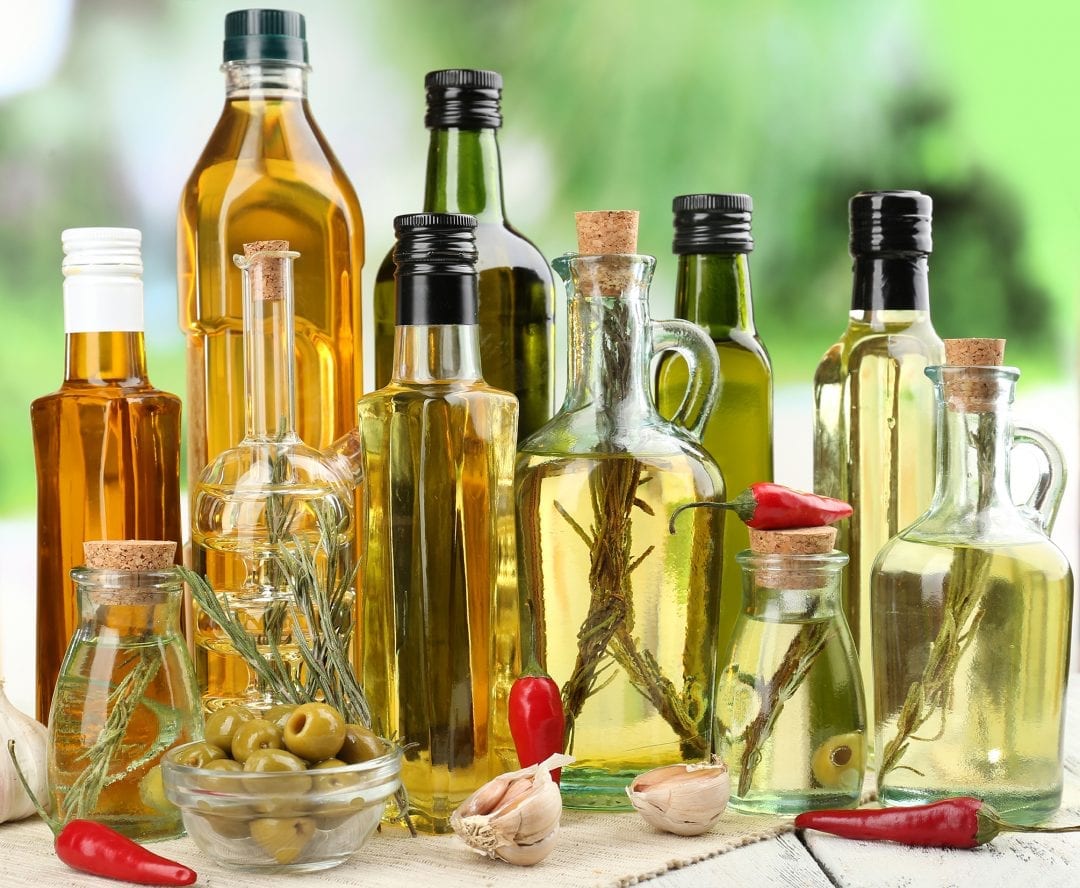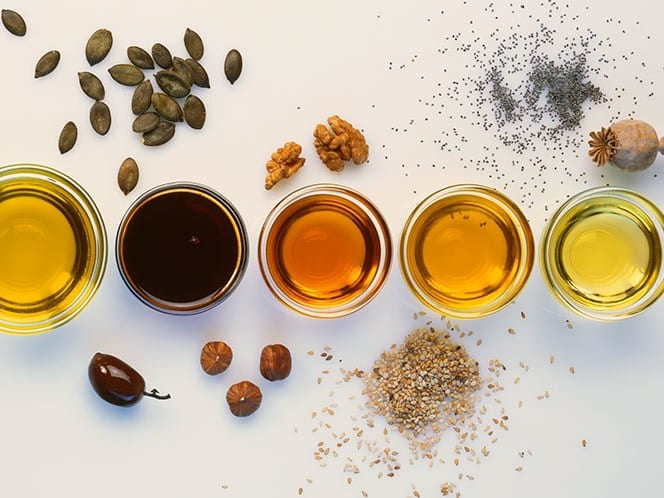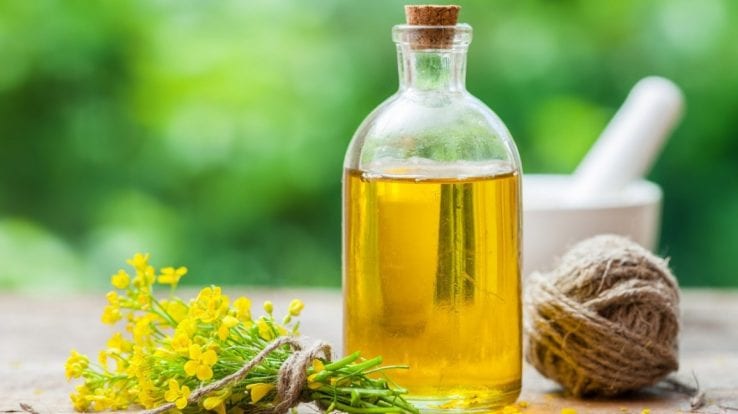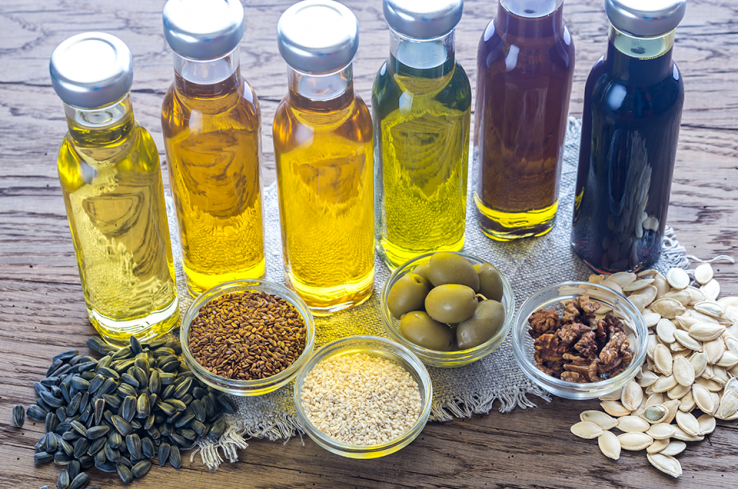The human body is a complex system that works like a (mostly) perfect machine. This system, however, requires optimal input to function properly. What humans put in their bodies affects their overall performance. Think of it like putting poor-grade gasoline in a high-performance vehicle: the vehicle may be good quality, but it would still perform poorly.
To ensure that your body functions at a high level, people need to understand what they’re eating. Many people read through a product’s list of ingredients to ensure that such products contain healthy materials. But they may not consider the quality of the oils used during the cooking process, and these also play a role. Here’s what you need to know.
How are oils made?
When plant seeds, fruits, or nuts are heated, squeezed, or chemically altered, this causes the release of oils. The most common seeds, plants, and nuts are sunflower, sesame, peanut, almond, coconut, olive, etc. Experts use a multitude of mechanisms for extracting the oils such as expeller pressing, or the use of solvents or chemicals for the extraction. These are common for obtaining vegetable oil, for example.
More natural methods, such as those used in the process of obtaining olive oil, simply press the item without the use of heat. The approach conserves the substance in its purest form, as heat has the potential to degrade the chemical composition of a molecule. Ultimately, this type of extraction produces the highest quality oil.
Although the distinction in methodology is critical to how healthy the product is, its environmental impact is also important. Some oils are not sustainable, and people should avoid them.
The bad oils
One of the most common types of oils is canola. People generally use this in cooking to avoid food sticking to the pan. Although the oil comes from the rapeseed plant, the process is far from natural. In fact, scientists genetically modify it in order to develop the product.
However, such a procedure causes the resulting oil to be environmentally unsustainable, given that it requires so much energy to make it. And the human body has a difficult time processing this genetically modified item. It is important to note that not all canola is bad. Some seeds are organic, so be sure to review canola seed prices and quality.
Palm oil is another environmentally destructive product, given that companies devastate natural environments such as rainforests to get it. The World Wildlife Fund indicates that the production of the product causes massive deforestation which displaces tropical forests and causes damage to the environment including air pollution, soil and water pollution, erosion, and increased climate change.
The good oils
Coconut oil is becoming popular among environmentalists, because of both its ease of extraction and its various uses in cooking and skincare. And this type of oil contains saturated fat that the body metabolizes differently, which can have positive effects on brain function.
These aren’t the only positive aspects though. Scientists indicate that the product can also help reduce pathogens. Another oil that is eco-friendly is olive oil. Although there are a few varieties, they all contain monounsaturated fats. The higher quality versions of the product are those which use a cold-pressed mechanism of extraction and have an organic certification.
Essentially, all oils are primarily composed of fat. But fats differ in their composition and can have positive or negative health effects. Medical professionals recommend avoiding those that are high in saturated fats or trans fats, making olive and coconut oil a wise choice that’s also friendly to the environment.




